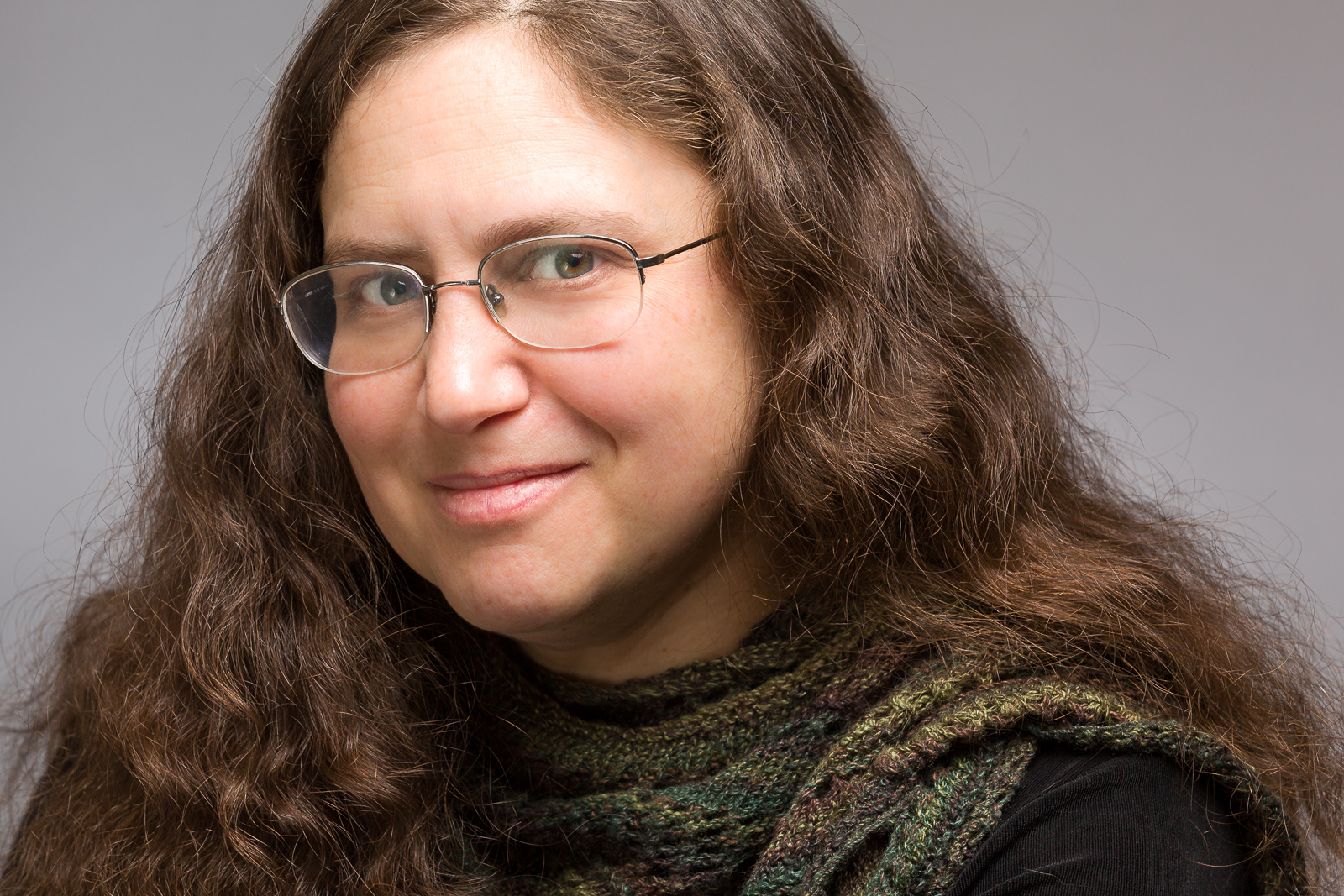














My biography is, perhaps, an appropriate illustration to my view that we are all always works-in-progress.
I attended MIT as an undergraduate student and Stanford University for graduate school, planning a career in molecular biology. However, I found that, although I was passionately curious about science, the life of a researcher was not a good fit for my personality; I am strongly extraverted, and have perennially wide-ranging interests. I began teaching while at Stanford, and discovered that I had both talent and passion for it. Teaching allowed me to share the science I love with other people, and to constantly be exploring new areas for myself as well.
As an undergraduate and graduate instructor, I became more and more curious about how students, particularly younger students, could learn the habits of scientific thought, rather than merely memorizing textbook content. I taught middle school and high school science and mathematics at a number of schools in the San Francisco Bay area, picking up a teaching credential with a specialty in cross-cultural language acquisition and development along the way. The schools I taught at all had high concentrations of students who were gifted, learning-disabled, second-language learners, and others who were not a good match for a one-size-fits-all model.
The classroom was a wonderful environment for me – I was one of those crazy teachers who would wear rollerskates to teach about momentum, create a giant graph of conic sections on the floor tiles, or have students plan a mission to Mars. However, after my first child was born, I realized that I needed to have more control over the boundaries between my work and my family, so I went into private practice. While I began as primarily a provider of tutoring, enrichment, homeschool instruction, and parent and educator consultation, I followed a strong interest in testing. Earning a certificate in educational therapy taught me about formal cognitive and academic assessment, as well as the remediation of learning disabilities.
Over time, my curiosity, fueled by the challenges my clients brought, encouraged me to broaden my skill set still further. I increasingly found that my clients had needs for individual therapy or psychological assessment, beyond what I was then able to provide, but that it was often difficult for us to connect them with professionals who were sensitive to the issues involved with giftedness and multiple exceptionality. So I went back to school yet again, earning my doctorate in clinical psychology (Psy.D.), and I am now a licensed psychologist. My dissertation work was on the development and maintenance of the therapeutic working alliance with gifted clients. I hope to continue this research over the course of time. You can find a link to the dissertation and my clinical guidelines for practitioners here.
Although this may seem to be a rather long and complicated path, I find that it has prepared me well; I continue to use, every day, the skills and habits of mind that each profession has taught me. I cannot peer directly inside a kid’s head, but I can observe carefully, generate hypotheses, experiment, look for patterns and converging lines of evidence, and refine ideas over time. I can think about systems, empathize with the various forces that act in the life of a client, a family member, or an educator, and be creative with the possibilities for intervention.
What I love about my profession is the opportunity to work with such a variety of delightful and interesting people, the flexibility to tailor what I do to meet folks’ individual needs, and the possibility of helping kids grow into joyful and self-regulated lifelong learners.

 |
 |
 |
 |
